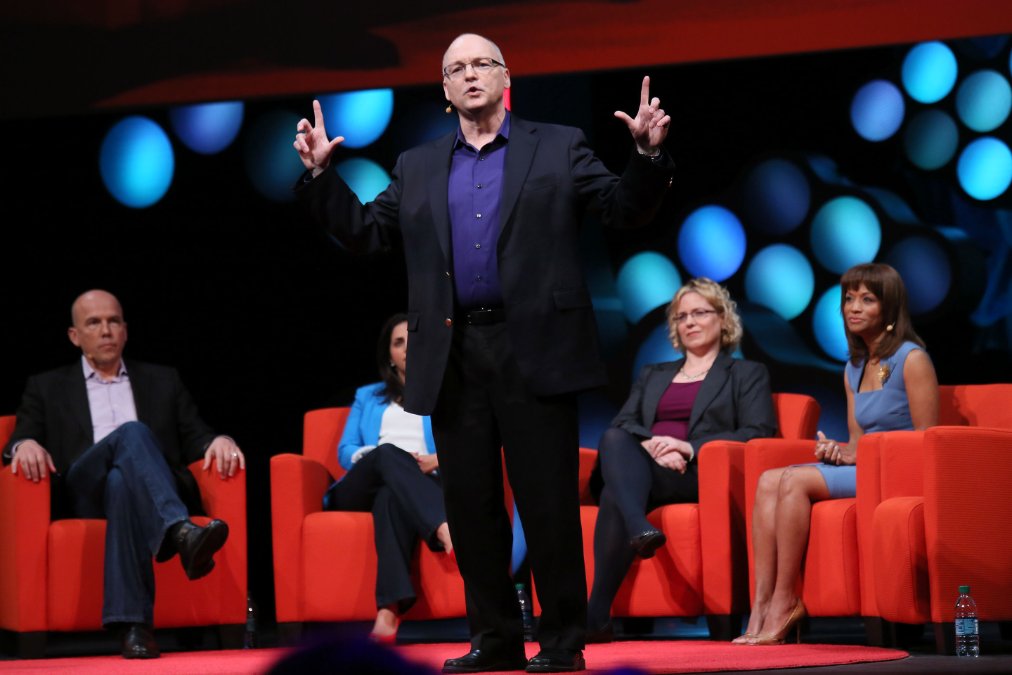
We must wait until the evening to see how splendid the day had been. (Sophocles)
Epistemology is the study of what we really know and how we come to know it. When we are self-aware we realize that we come to understand things in different ways and that these biases lead to our enlightenment or prejudice. Many of our most spectacular blunders as individuals, as well as the human race in its totality, can be traced directly back to either acting on incomplete or incorrect information or misinterpreting its meaning. It’s the error of the novice who is moved to action too quickly and inadvertently solves the wrong problem, often exacerbating the real one in the process. Sound sense making precedes all effective action.
Growth is a latent form of value. That is, it doesn’t manifest until sometime in the future. Our neighbor may believe that their bright little three year old is going to an Ivy League University when they grow up but over time may come to realize that they are bound for a career as a beach bum. Like growing children, our potentiality is yet to be revealed over time. This growth dynamic produces the fundamental quandary of our existence – there is no data on the future where our growth happens.
There is a chasm between what is known, what is knowable, what is unknown and what is unknowable. Of course, the essential circular problem is that we really can’t distinguish between the later three possibilities until we are in possession of them and they become what is known. As the Danish philosopher Søren Kierkegaard put it, “Life can only be understood backwards; but it must be lived forwards.”
We pursue our growth from the complacency of the known into the anxiety of the unknown where our destiny dwells. While gathering data and meaningful speculation are essential qualities of our progress, when it comes to the unknown future, they can become forms of resistance that distract us from taking purposeful action. The greater the speed and magnitude of the change from the present to the future, the less the information we currently possess predicts it. What’s going to happen to the economy next year? When will there be a cure for the dreaded disease? Is a catastrophic event like a terrorist attack or an earthquake imminent? When we don’t know the answer for tomorrow today, we inadvertently collect more data and attend more meetings and tick by tock the future arrives without us. The more incremental and familiar the change, the easier it is to detect because it bears a similarity to the present. The more radical and anonymous the dislocation, the more it plays out like a wildcard. A case in point is the Soviet Union, which came into existence quite suddenly and unexpectedly in the Russian Revolution and dissolved some seventy years later just as quickly.
Growth requires that we temporarily suspend our need for complete control. Like plotting directions on a map, we know where our journey starts and we know where it ultimately ends, and while we don’t know what happens in-between, we can surmise that the journey doesn’t go in a straight line. The roads wind, the tides shift and others on the journey bring peril and prospect. So, why we may know many things about our world and ourselves, we cannot know how our development turns out. Will we be a monarch butterfly or common moth? If our fate is predetermined no amount of creativity at work will change it. But if our destiny is left to us, at least in part, we must gather provisions for a wide array of possibilities and the take the roads less traveled. In the end, the only way to growth is through experiences and experiments.
- Growth requires that we move from the known and towards the unknowable
Jeff DeGraff
Connect with me on Twitter
Join me on Facebook
Visit InnovationYou.com

Jeff DeGraff is the Dean of Innovation – an author, speaker, and advisor to Fortune 500 companies and mission-driven organizations worldwide. He’s the CEO and Founder of Innovatrium, Founder of Intellectual Edge Alliance, and Clinical Professor of Management and Organizations at the Ross School of Business at the University of Michigan. Jeff co-created the Competing Values Framework and developed the Innovation Code and Innovation Genome methodologies which provide organizations with practical tools to reconcile competing priorities and drive breakthrough performance. His mission is the democratization of innovation: making systematic innovation accessible to everyone, everywhere, every day.

